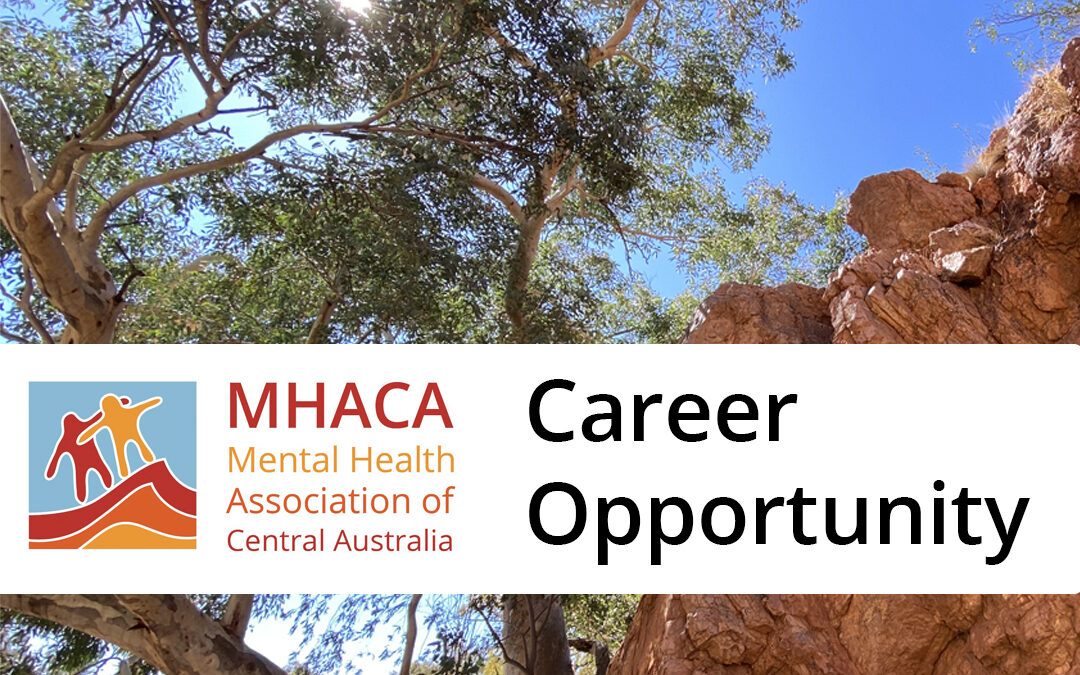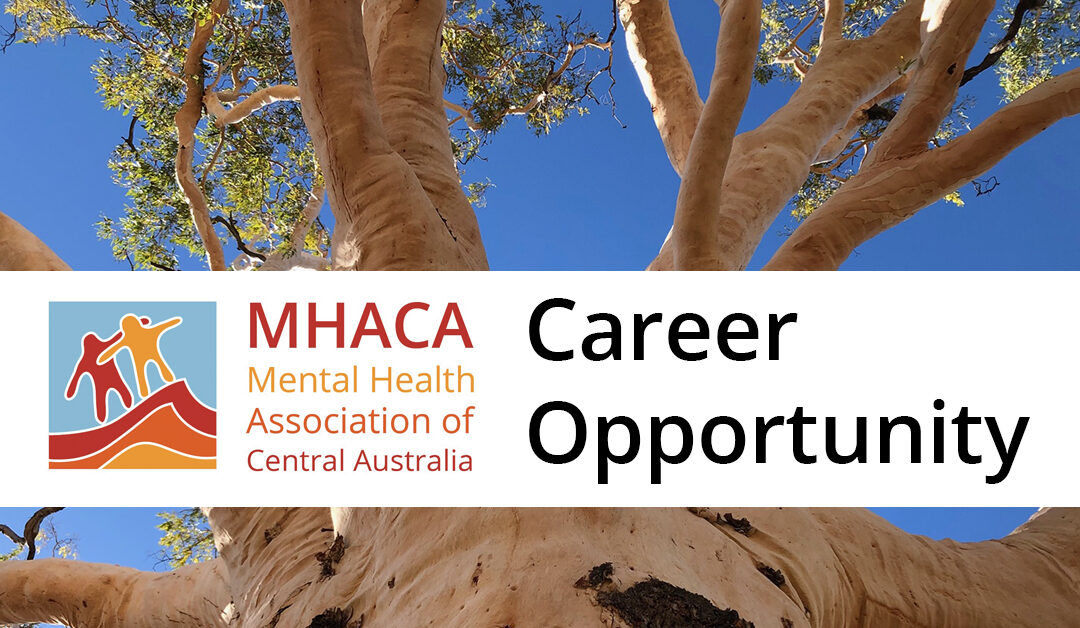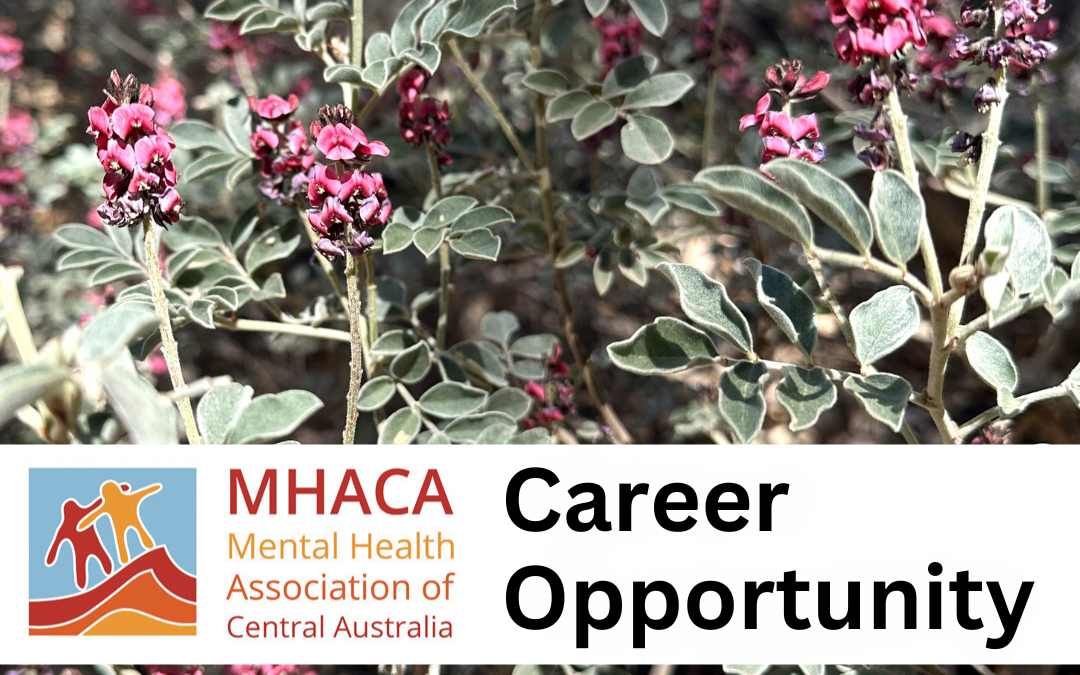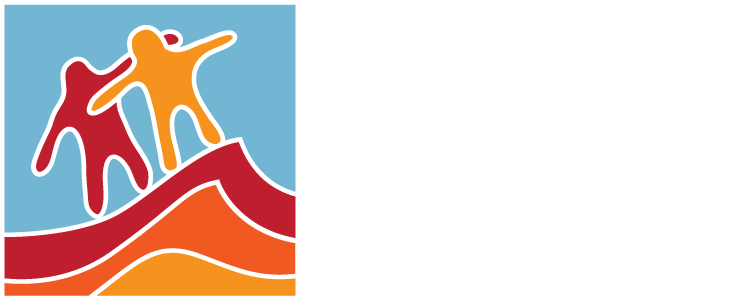
Suicidal Crisis Recovery Worker
Are you an experienced and sensitive support provider looking to contribute to the wellbeing of our local community? Join our leading Northern Territory community-managed organisation offering psychosocial support services, NDIS services, suicide prevention programs...

NDIS Support Coordinator
Do you have excellent administration and financial skills or are you an existing NDIS Support Coordinator? Join our leading Northern Territory community-managed organisation offering psychosocial support services, NDIS services, suicide prevention programs and health...

Senior Services Manager
Are you an experienced senior manager with the ability to manage multiple programs and contribute to the strategic direction of service delivery? Join our leading Northern Territory community-managed organisation offering psychosocial support services, NDIS services,...

Administration Assistant
Are you experienced in administration and are seeking a part-time role? Join our leading Northern Territory community-managed organisation offering psychosocial support services, NDIS services, suicide prevention programs and health promotion initiatives aimed at...

Housing and Homelessness Case Worker
Are you an experienced case worker looking to contribute to the wellbeing of our local community? Join our leading Northern Territory community-managed organisation offering psychosocial support services, NDIS services, suicide prevention programs and health promotion...

